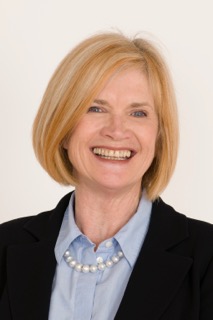Executive coaching can assist individuals in the performance of their current role, in identifying and pursuing their career aspirations and can assist them to improve their professional relationships.

For executive coaching to be successful there are some essential foundational elements from the individual’s perspective that need to be in place. The first is that the individual needs to be open to taking part in the coaching experience to learn and grow. Another essential aspect is that there needs to be the right “chemistry” between coach and coachee. In other words the coachee needs to feel comfortable enough with their coach to be able to open up and discuss and pursue their issues and goals in a frank and honest way.
The following case study shows how coaching assisted an individual to navigate issues they were dealing with in their role.
Peter* was unhappy in his role and felt unsupported by his supervisor.
During the coaching sessions, Peter was able to unpack the situation. He began to more clearly articulate the different issues that were occurring and intersecting to make him feel unhappy and unsupported. This included some critical self-reflection and a new awareness and deeper understanding of how his own workplace communication and attitude was perceived by his supervisor. He realised this was a significant contributor to the situation.
As a result of focussed self-reflection, Peter was able to explore different options for addressing each of the issues he had identified and, most importantly, develop and prioritise an action plan to move forward with these options, including how he would modify his communication and interpersonal style with his supervisor.
Over a 6 month period, Peter progressively put his action plan in place. At each coaching session, he was able to reflect on the effectiveness of these strategies as he tried them our and openly discuss those that had worked and, equally, reflect on any that had not been as effective as hoped. In this way, he was able to keep moving forward with his plan.
In this particular situation, at the end of the 6 month period, Peter had a much more open and positive relationship with his supervisor and, as a result, had been able to develop and agree on a work plan and professional development plan for the next 12 months that provided clear direct and accountability and opportunities for further growth and development. This is turn led him to being happier in his role.
One of the key reasons for the success of this coaching assignment was Peter’s willingness to openly participate in the coaching process and to identify issues and develop solutions he owned and felt comfortable implementing.
Contributor: Our current featured member, Trish Kelly, is an experienced leader, change manager and facilitator with over 30 years’ experience in the public sector, working in very large organisations in both regional and central office roles.
Through her experience as the General Manager Human Resources for 8 years in the NSW Department of Education and Communities, the largest organisation in the southern hemisphere, Trish is well equipped to work with executives, aspiring leaders and others to support and guide them to achieve their goals and to maximise their performance and impact.
* ‘Peter’ is a blend of several clients.

